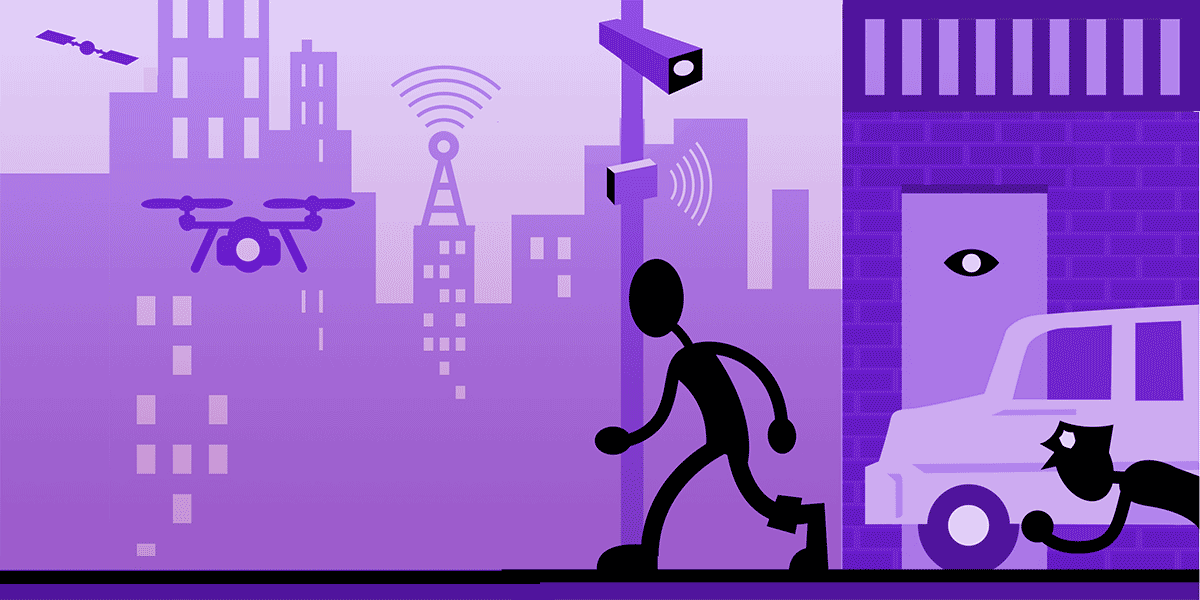Here’s the translation into American English:
—
The increasing acquisition of surveillance technology by police departments has sparked fierce competition among various companies in the sector. A clear example is Axon, which has integrated artificial intelligence into its range of products. Its latest innovation, Draft One, connects to police body cameras and uses AI to generate reports from the collected audio. While its use starts as a free trial, Axon hopes this tool will become a key element in attracting new customers, despite the growing distrust regarding the accuracy of the generated reports.
In 2024, Axon also acquired the company Fusus, which focuses on aggregating data from multiple sources, including shot detection systems and surveillance cameras, to create what it calls “real-time crime centers.” This platform, already used by over 250 police agencies, provides authorities access to live footage from both public and private cameras, although its use requires an additional subscription. Fusus is in the process of disconnecting from some providers, seeking to strengthen its offerings.
For its part, Flock Safety, another prominent company in the surveillance field, has evolved from simple license plate reading to offering a comprehensive range of services. Since its founding in 2017, it has established itself in more than 5,000 jurisdictions, developing a system that combines shot detection, traffic analysis, and a software platform to integrate all this data in real time.
Motorola Solutions, often less recognized in the surveillance sector, has begun to play a vital role by providing a “security technology ecosystem.” Its products range from radios to video analytics powered by artificial intelligence. The acquisition of Vigilant Solutions allows it to accumulate a vast amount of data on license plates, optimizing its ability to offer advanced analytics to police departments.
SoundThinking, formerly known as ShotSpotter, has expanded its offerings beyond shot detection by incorporating case management systems and weapon detection. Its SafetySmart platform promises to integrate various databases and apply artificial intelligence analytics, an increasingly crucial element in its business strategy.
Despite the high costs associated with these surveillance technologies, companies appear willing to maintain long-term relationships with police departments, even in contexts of budget cuts. A representative case is the Baton Rouge police, which continues to use ShotSpotter at no cost while attempting to secure additional funding, highlighting the growing reliance on technology despite economic constraints.
The government surveillance industry is experiencing rapid growth. Companies supplying these tools are aware that cultivating loyalty among police departments is profitable. Therefore, it is crucial for the public to carefully evaluate the technological acquisitions of their local governments, as what may seem like a simple item in a budget could entail a surveillance package that compromises citizens’ privacy and rights.
via: MiMub in Spanish










